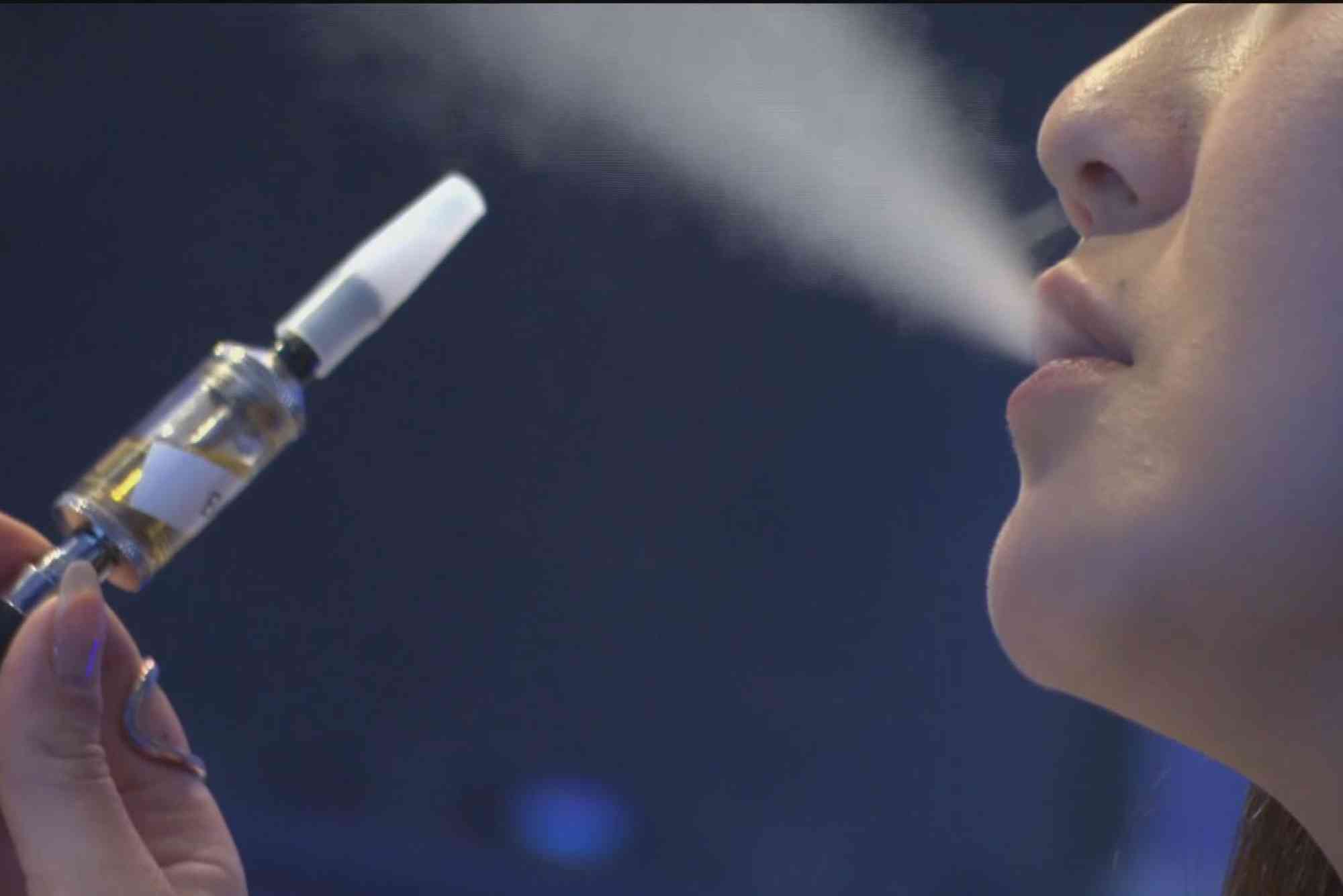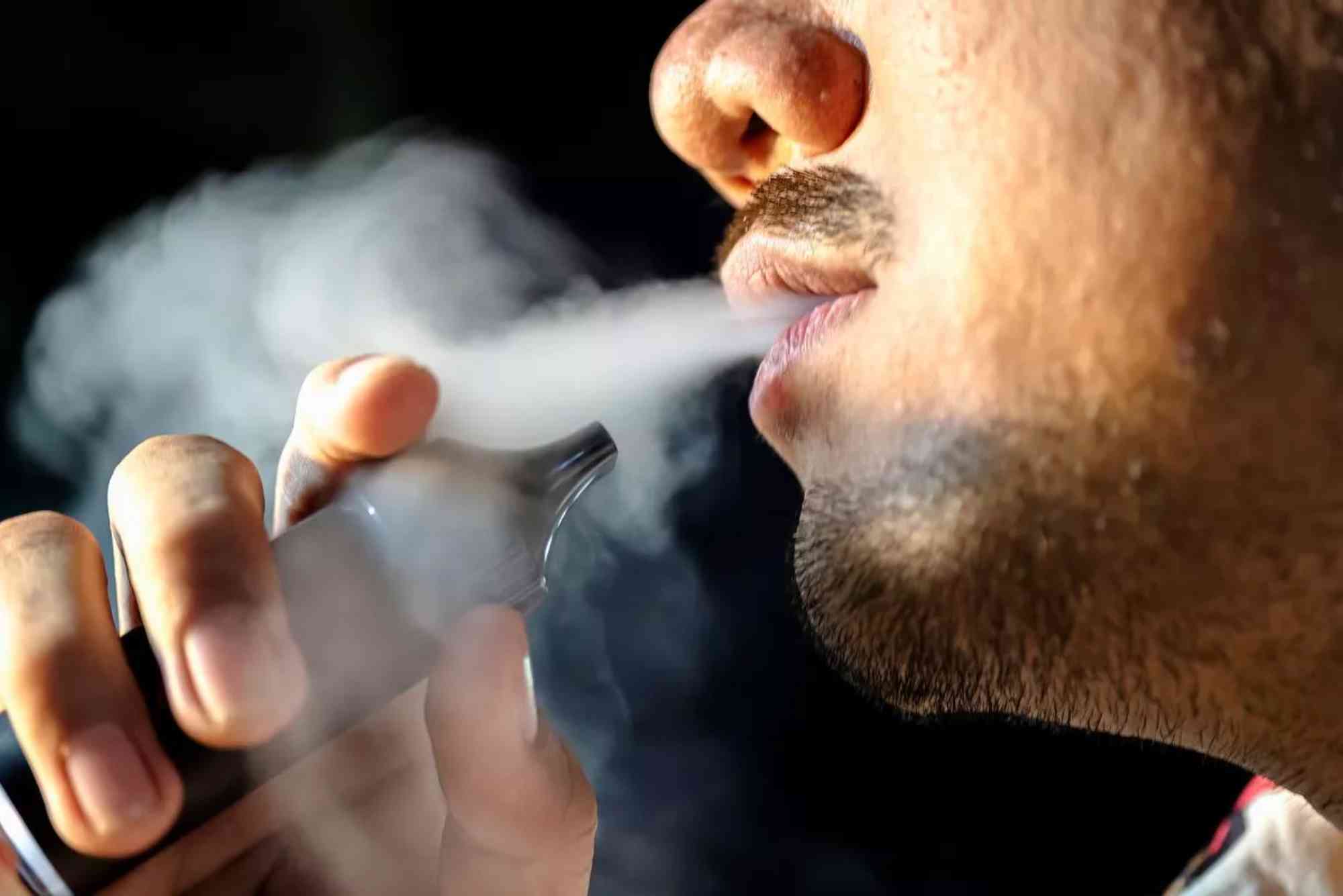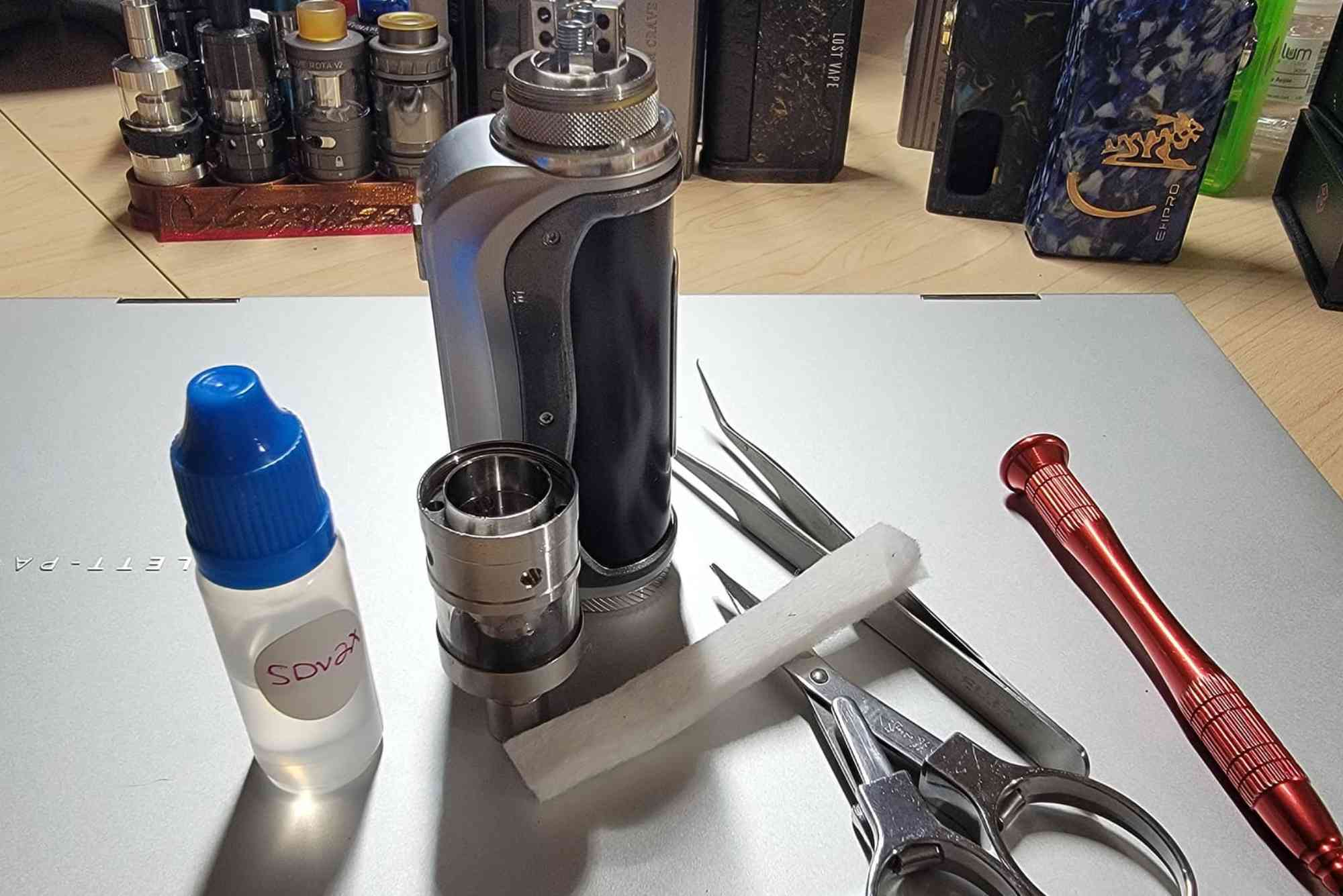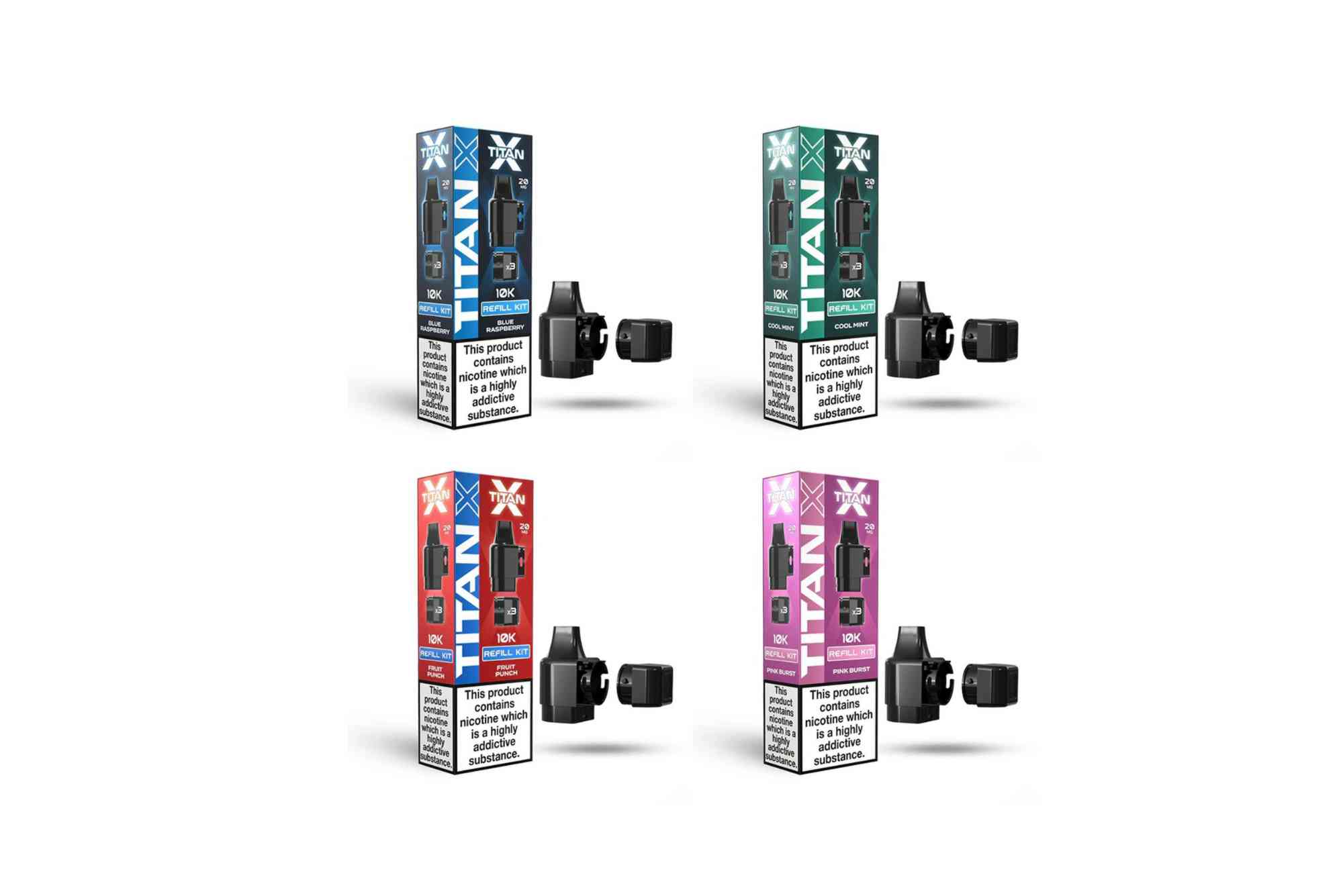Michigan Vape Law Changed to 18 and Vape Battery Overheating: What You Must Know
The vaping industry has grown rapidly over the past decade, attracting millions of users across the United States. Michigan, like many other states, has faced the challenge of balancing public health concerns with the rights of adult consumers. Recently, the Michigan vape law changed to 18, marking a significant shift that impacts retailers, young adults, and families. At the same time, another issue often overlooked is vape battery overheating. While laws regulate who can buy and use vaping products, battery safety is about protecting users from accidents that could cause fires, burns, or even explosions.
Understanding the Michigan Vape Law Change
Michigan lawmakers have long debated the minimum age for purchasing tobacco and vape products. The federal government raised the age to 21 in 2019, but Michigan has made adjustments by setting its own framework. The Michigan vape law changed to 18 recently, aligning with state-level regulations that recognize legal adulthood at 18 for most responsibilities. This law means that anyone 18 or older can now legally purchase vape devices, e-liquids, and accessories across the state.
Why the Law Matters
The Michigan vape law changed to 18 for several reasons. One of the key arguments was consistency. At 18, citizens can vote, enlist in the military, and enter into legal contracts. Lawmakers and advocates believed that vaping should fall under the same principle of adult choice. Another factor was enforcement. Retailers had difficulty verifying ages under the federal 21 rule, especially when fake IDs were involved. By setting the state law to 18, Michigan hopes to simplify regulation and reduce confusion for both businesses and consumers.
How the Law Affects Retailers and Consumers
For vape shop owners and convenience stores, the Michigan vape law changed to 18 is a major adjustment. They now must ensure their employees are properly trained to check IDs and comply with state guidelines. For consumers, particularly those aged 18 to 20, this law change is significant. It grants them access to vaping products legally, something that was previously restricted. However, public health officials still caution young adults to be aware of nicotine’s addictive properties and the risks associated with vaping.
Federal vs State Regulations
One common question is whether Michigan’s state law can override federal law, which sets the age at 21 nationwide. In practice, federal law is still the ultimate authority. However, Michigan’s decision to set 18 as the legal age creates a unique legal landscape. Retailers must be careful because selling to 18-year-olds could technically still conflict with federal enforcement, even if the state permits it. This is why ongoing discussions and clarifications are expected in the near future.
Health Concerns and Public Reactions
Whenever vaping laws change, health experts weigh in with concerns. Many argue that nicotine exposure at a younger age can increase the risk of long-term addiction. Parents and educators worry that lowering the legal age may increase access among high school seniors, potentially exposing younger students. On the other hand, advocates for personal freedom emphasize that adults should be trusted to make their own decisions. The Michigan vape law changed to 18, and while it has been met with mixed reactions, it highlights the ongoing debate between health protection and individual choice.
Vape Battery Overheating: The Overlooked Risk
While most discussions focus on laws, another critical issue is vape safety—particularly the risk of battery overheating. Vape devices rely on lithium-ion batteries, the same technology used in smartphones and laptops. However, unlike phones, vape batteries are often removable and used with varying chargers, increasing the risk of improper handling. Overheating can lead to serious accidents, including burns, fires, and in rare cases, explosions.
Why Vape Batteries Overheat
Several factors contribute to overheating. Using damaged batteries, overcharging, or using the wrong charger are common mistakes. Storing vape devices in hot environments, like leaving them inside a car on a summer day, can also trigger overheating. Additionally, carrying loose batteries in a pocket with keys or coins creates a dangerous situation where the battery could short-circuit. These risks are preventable with proper knowledge and habits.
Signs of an Overheating Vape Battery
Recognizing the warning signs early is crucial. If your device feels excessively hot to the touch, emits a strange smell, or begins swelling, these are red flags. In such cases, stop using the device immediately and disconnect it from any charger. Continuing to use an overheating battery increases the chance of a serious accident.
How to Prevent Vape Battery Overheating
There are several effective steps to reduce risk. Always use the charger provided by the manufacturer or one specifically approved for your device. Avoid charging your vape overnight, as prolonged charging can stress the battery. Store your vape in a cool, dry place, away from direct sunlight. Never carry loose batteries in your pocket or bag without a protective case. By following these precautions, you dramatically lower the chances of overheating incidents.
Michigan Law and Vape Battery Safety
While the Michigan vape law changed to 18 focuses on age restrictions, it does not cover device safety. This means it falls to consumers to educate themselves. Retailers can also play a role by informing buyers about proper handling and offering protective battery cases. In fact, some vape shops already include safety leaflets with purchases, highlighting responsible usage.
The Connection Between Legal Age and Safety Awareness
Younger adults, particularly those new to vaping, may be less aware of battery risks. Now that the Michigan vape law changed to 18, more first-time users will enter the market. Education is vital in ensuring they understand not only how to use vape devices but also how to maintain them safely. Public health campaigns could consider expanding beyond nicotine warnings to include battery safety tips.
Looking Ahead: What Michigan Residents Should Expect
The Michigan vape law changed to 18, but the conversation is far from over. Federal and state discrepancies may lead to new adjustments in the future. Consumers should stay informed, not only about the law but also about best practices for safe vaping. Whether you are 18 or older, responsibility extends beyond legality—it includes protecting your health and safety.
Stay Legal, Stay Safe
The fact that the Michigan vape law changed to 18 is a landmark decision, reshaping who can access vaping products across the state. For young adults, it represents new freedoms, but also new responsibilities. At the same time, vape battery overheating remains a serious risk that every user must address. By understanding the law, practicing safe habits, and spreading awareness, Michigan residents can enjoy vaping responsibly. Whether you are a new user or an experienced vaper, always remember that knowledge is your best tool for staying safe. If you’re considering vaping or already use vape devices, stay informed, follow the rules, and handle your device with care. Your health and safety depend on it.
FAQs
Is the vaping age 18 or 21 in Michigan?
The Michigan vape law changed to 18, but federal law sets the age at 21. This creates legal confusion, so retailers must exercise caution.
Can 18-year-olds buy vapes in Michigan now?
Yes, under state law, 18-year-olds can purchase vapes. However, federal enforcement still recognizes 21 as the minimum age.
Why did Michigan lower the vaping age?
Lawmakers wanted consistency, recognizing adulthood at 18 for legal decisions. It also helps simplify enforcement for retailers.
What happens if a vape battery overheats?
An overheating battery can swell, leak, catch fire, or even explode. Immediate action is necessary to prevent accidents.
How can I keep my vape battery safe?
Use the correct charger, avoid overcharging, store batteries properly, and never expose them to high heat.




